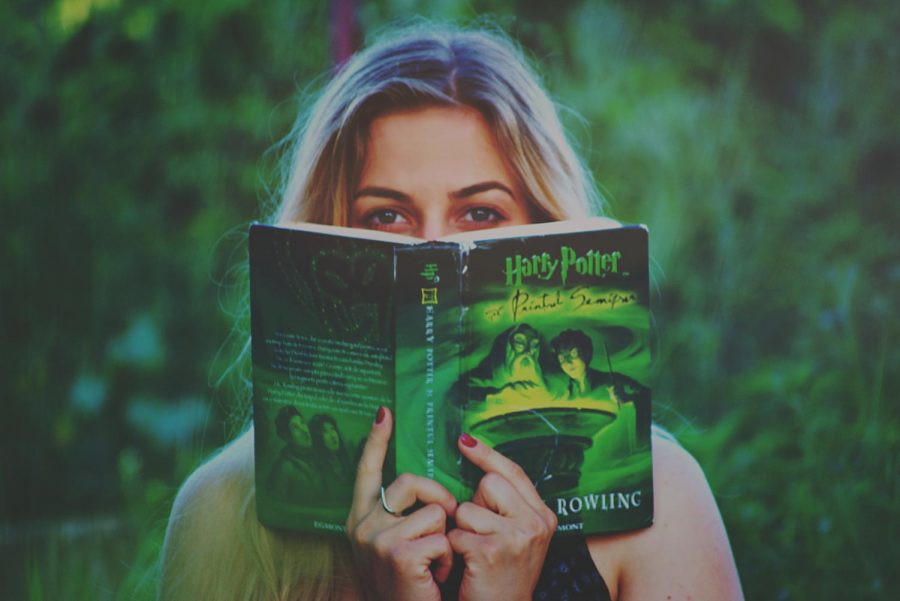Censorship is, rightfully so, a hot button issue. However, when does censorship become protecting the youth? More specifically, when should a school ban a book? America has an interesting history of filtering what school kids read. Sometimes the reactions are warranted while other cases are outright ridiculous.
The earliest book I was able to find that was widely disapproved of in U.S. libraries was The Adventures of Huckleberry Finn which was banned in Massachusetts in 1885 (the same year it came out). The book was banned for its use of racial slurs. Local librarians thought it may spread racist ideals. This case is fairly understandable, many terrible slurs are used in the book; however, I would argue it is a valuable picture of life in the southern states of America during the mid-1800s. To censor this is to pretend like it never happened, and that itself is wrong.
Another hotly debated book is J.D. Salinger’s Catcher in the Rye. The book is a coming of age tale that involves mention of prostitution, coarse language, and an overall focus that school boards like that of Tulsa, Oklahoma deemed unsuitable for minors. However, for every school that banned Salinger’s work another seemed to make it required reading. It is an interesting case of a book that really is an honest coming of age novel, one that the teenagers reading it can relate to. This both made it an incredibly valuable novel, as well as one that did not seem to match the chaste image of the American school system.
So far, the books listed seem to at least have arguments as to why they would be banned from schools. However, one book series has trumped both Huck Finn and Catcher in the Rye. The Harry Potter series became the most challenged book series between 1997 and 2009. Yes, the book in which characters drink pumpkin juice and fly on broomsticks was deemed too insidious for America’s youth. Unsurprisingly this ban stemmed from the book’s focus on magic. Concerned parenting groups would cry out that it was teaching kids witchcraft and Satanism. Eventually, the controversy died down around the books though. It turns out the books were very ineffective propaganda for Satan’s hordes. All they really did was get kids into reading, writing and overall development of creative thought. Schools saw the positive impact these books had on the kids and as a result, Mr. Potter remained in schools.
I believe there can be a place for keeping certain books out of schools. We don’t need middle schoolers reading Nazi propaganda. However, in most cases it really is unnecessary. Books like Catcher in the Rye won’t turn your kids into sex fiends. And Harry Potter certainly won’t turn your kids into Satanists.





